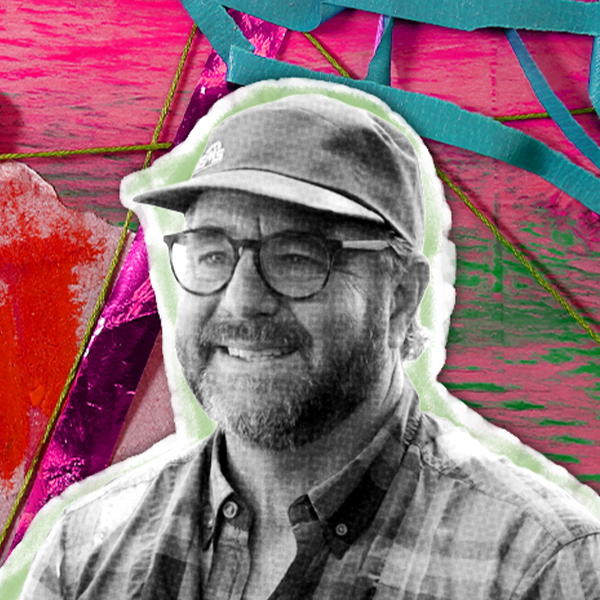
Michael Chambers
Marine Biologist, Aquaculture Specialist & Associate Professor
University of New Hampshire
Durham, NH USA
“Get your hands wet.”

University of New Hampshire
Durham, NH USA
“Get your hands wet.”
Marine Biologist, Aquaculture Specialist & Associate Professor
I develop ocean farming technologies for raising fin fish, shellfish, and microalgae species.
Here's the first step for college students
Pursue a biological science degree and get your hands wet. While in college as some sort of biological science major, it's very easy to find opportunities to work with animals, get out on boats, work in the water, etc. Seek out those hands-on experiences while in college. I also recommend finding internships while in school. You'll get work experience and meet contacts to grow your network.
Skills and training to help you find your place in the future of work